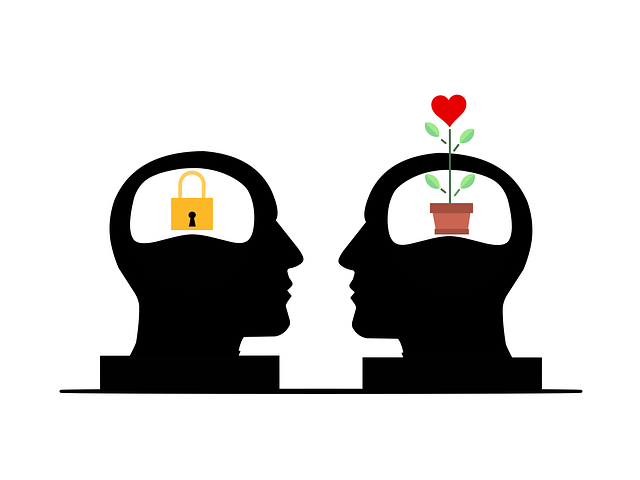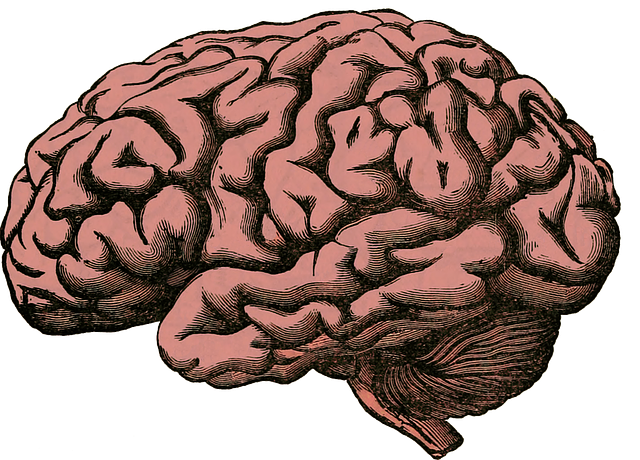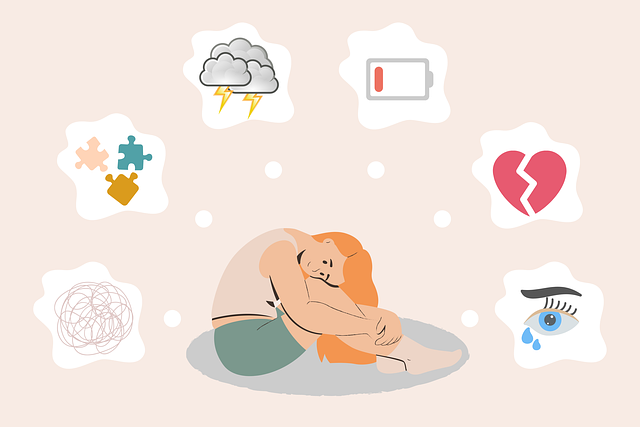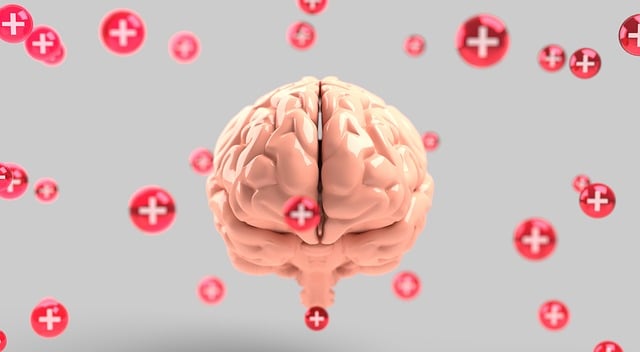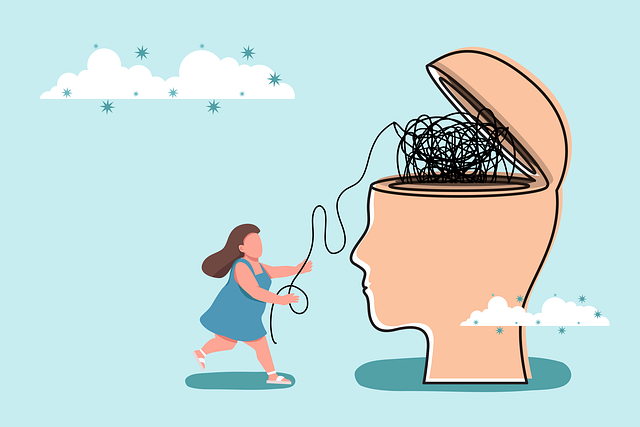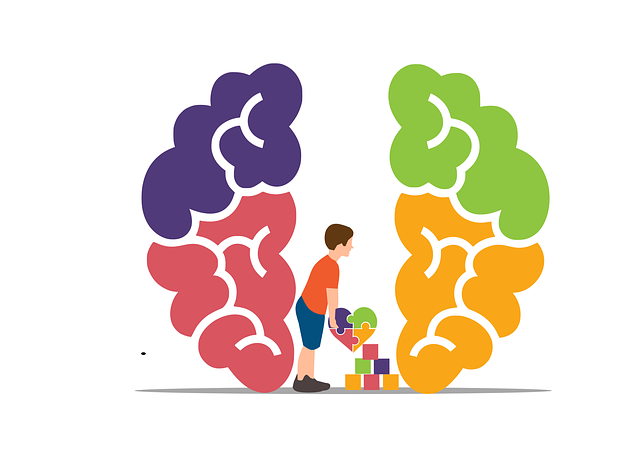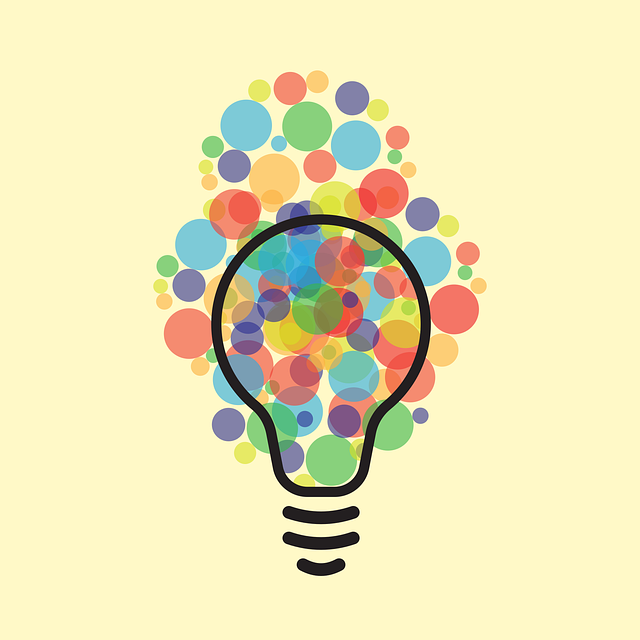Mental wellness journaling is a powerful tool for Golden Children (individuals with neurodiversity or anxiety/depression), fostering self-reflection, emotional expression, and resilience. Through regular recording of thoughts, feelings, and aspirations, they gain insights into their mental state, learn to manage triggers, and develop coping mechanisms. This practice, encouraged by Golden Children Therapy, enhances communication skills, emotional intelligence, and overall mental wellness, with tailored exercises guided by specialized therapists. Incorporating creative expressions in therapy further improves engagement, making it easier for young minds to communicate complex emotions and track progress over time.
“Unleash the power of self-reflection and creativity with mental wellness journaling, a transformative tool designed specifically for Golden Children. This article guides parents and therapists on navigating this therapeutic practice, offering insights into its numerous benefits for emotional expression and regulation. We’ll explore how establishing a consistent journaling routine can enhance mental health, foster creativity, and track progress over time. Discover practical tips to incorporate diverse creative expressions, making therapy sessions engaging and effective for Golden Children.”
- Understanding Mental Wellness Journaling for Golden Children
- Benefits of Journaling for Emotional Expression and Regulation
- Setting Up a Journaling Routine: Tips for Consistency
- Incorporating Creative Expressions in the Therapy Process
- Tracking Progress: Analyzing Journal Entries for Personal Growth
Understanding Mental Wellness Journaling for Golden Children

Mental wellness journaling can be a powerful tool for Golden Children—those navigating neurodiversity or facing challenges like anxiety and depression. This therapeutic practice encourages self-reflection, offering a safe space to express emotions and thoughts. For young individuals, it’s about learning to communicate their internal experiences, which is especially beneficial in conjunction with communication strategies and social skills training. By jotting down feelings, fears, or even aspirations, they can gain insight into their mental state, fostering self-awareness and emotional intelligence.
This journaling exercise isn’t just about recording; it’s a form of prevention for issues like depression. It teaches Golden Children to recognize triggers, understand their reactions, and develop coping mechanisms. Through regular expression, they build resilience, learn to manage stress, and improve overall mental wellness. This process can be tailored to suit individual needs, making it an accessible and engaging activity in the journey towards emotional well-being, alongside professional guidance from therapists specializing in Golden Children therapy.
Benefits of Journaling for Emotional Expression and Regulation

Journaling is a powerful tool that offers numerous benefits for emotional expression and regulation, making it an essential practice in mental wellness, especially for Golden Children Therapy. By putting pen to paper, individuals can explore their thoughts, feelings, and experiences in a safe and private space. This process allows for increased self-awareness, enabling people to identify patterns of behavior and emotions, which is crucial for managing mental health effectively.
Through journaling, one can gain a deeper understanding of their emotional landscape. It encourages the expression of complex feelings that may be difficult to articulate verbally. This act of externalizing thoughts can help in processing traumatic events, reducing the burden of painful memories, and fostering resilience building. Additionally, regular journaling provides a risk assessment tool for mental health professionals, offering insights into clients’ emotional states and progress over time.
Setting Up a Journaling Routine: Tips for Consistency

Creating a consistent journaling routine can be a powerful tool for improving mental wellness, especially for children and adolescents navigating their emotions and thoughts. To establish this practice, start by setting aside a dedicated time each day or week when you or your child can focus solely on writing. Consider making it a calming ritual—a quiet moment to reflect and process the day’s experiences. A consistent space and time will help make journaling feel more like a comfortable habit than a chore.
For instance, before bedtime could be an ideal time as it provides a chance to unwind and reflect on the day’s events. Alternatively, morning journaling can set a positive tone for the day ahead. Encourage your child to choose a quiet spot where they feel safe and supported, perhaps with a favorite stuffed animal or blanket, creating a sense of comfort associated with this practice. Consistency is key; even short, regular entries can offer valuable insights and contribute to significant improvements in emotional well-being, as highlighted by Golden Children Therapy. Remember, it’s about fostering an environment that promotes open expression and self-awareness, potentially enhancing anxiety relief and confidence building, especially when supported by Healthcare Provider Cultural Competency Training.
Incorporating Creative Expressions in the Therapy Process

Incorporating creative expressions into therapy sessions can be a powerful tool for individuals seeking to improve their mental wellness, especially for young minds exploring Golden Children Therapy. Art, writing, dance, or even play are not merely recreational activities; they serve as alternative languages that allow people to communicate complex emotions and thoughts that might be difficult to verbalize. This approach, often seen in programs designed around mental health education, can significantly enhance the therapy process by making it more engaging and effective.
For children in particular, creative expressions offer a safe and fun way to learn about their feelings, develop social skills training, and manage stress. Through drawing, painting, or journaling, they can externalize their internal experiences, fostering self-awareness and emotional intelligence. This method encourages them to explore different aspects of their mental health journey, providing therapists with valuable insights for personalized treatment plans.
Tracking Progress: Analyzing Journal Entries for Personal Growth

Tracking progress through mental wellness journaling is a powerful tool for personal growth, especially for those engaging in Golden Children Therapy. By regularly reviewing and analyzing past entries, individuals can identify patterns, both positive and negative, that reflect their emotional journey. This process fosters self-awareness exercises, enabling one to understand the triggers and coping mechanisms that work best for them.
For instance, consistent reflection on journal entries might reveal a recurring theme of heightened stress levels after specific events or interactions. From there, an individual can proactively develop strategies, with the guidance of their therapy workshops organization, to manage these stressors more effectively. Furthermore, this practice enhances emotional intelligence by providing tangible evidence of one’s emotional responses and progress over time.
Mental wellness journaling is a powerful tool for Golden Children, offering a safe and creative outlet for emotional expression. By incorporating this practice into their therapy routine, parents and caregivers can foster resilience and personal growth in young minds. The benefits are clear: improved emotional regulation, enhanced self-awareness, and a means to track progress over time. With consistent journaling habits and the encouragement of creative expressions, Golden Children can navigate their mental wellness journey with increased confidence and a deeper understanding of themselves. This evidence-based approach deserves recognition as a valuable asset in the field of Golden Children therapy.





